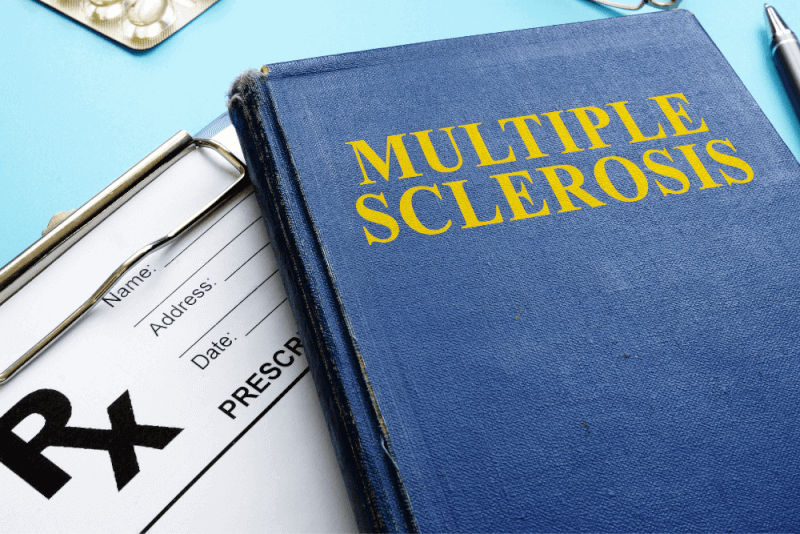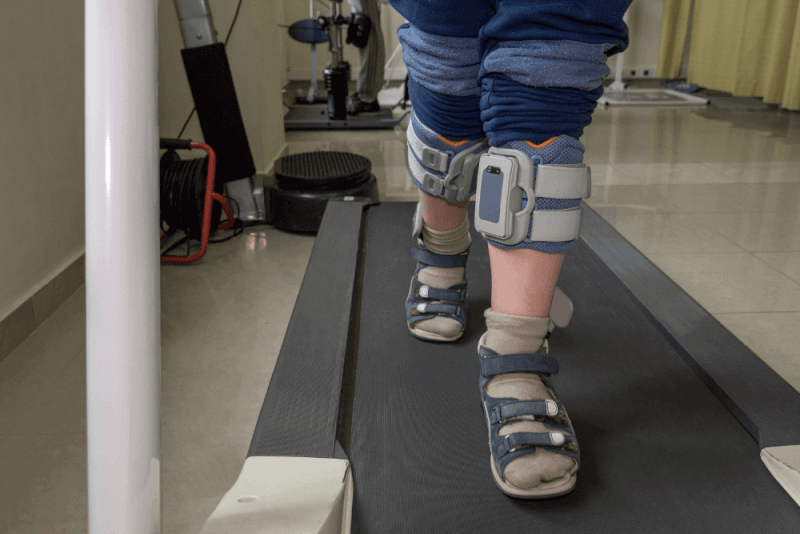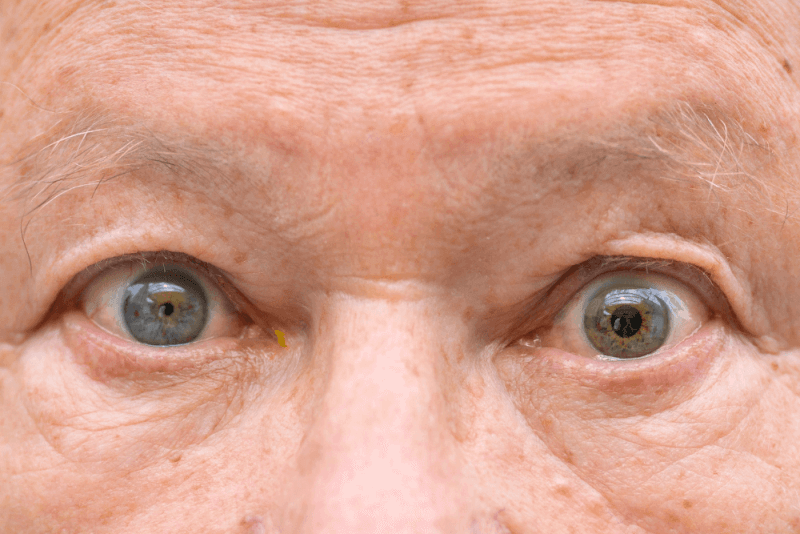What is Hypersomnia?
Hypersomnia is a condition in which a person wants to sleep too much and is constantly asleep during the day. Despite adequate sleep duration and quality sleep, the person may be too sleepy to continue their daily life. Individuals with hypersomnia feel constantly sleepy during the day and may fall asleep with sudden sleep attacks.
Hypersomnia Diagnosis
The diagnosis of hypersomnia requires certain assessments and tests. These evaluations should be performed to determine the underlying causes of hypersomnia and the most appropriate treatment for the individual.
- Patient history
- Evaluation of symptoms
- Physical examination
- Multiple sleep latency test
- Laboratory tests
- Psychological evaluation
- Whether there is another underlying health problem
- Diary in which the patient keeps a daily sleep routine
- Sleep surveys
- Polysomnography
Symptoms of Hypersomnia
Symptoms of hypersomnia vary depending on the type of disease and underlying causes, but can be listed as follows;
- Feeling constantly sleepy during the day despite a productive night's sleep
- Waking up in the morning tired and not rested
- Falling asleep with sudden sleep attacks
- Disorder of concentration
- Memory loss
- Nervousness and aggressiveness
- Inability to do routine tasks
- Difficulty making decisions
- Hallucinating
- Headache
- Anxiety and restlessness
- Loss or increase in appetite
- Sexual aversion
Causes of Hypersomnia
There are different causes that can lead to hypersomnia. Psychological, physiological or environmental factors can cause hypersomnia. Some of the causes of hypersomnia include;
- Depression
- Narcolepsy
- Sleep apnea
- Some neurological diseases like Parkinson's, epilepsy and MS
- Head injuries
- Genetically predisposed
- Anxiety
- Hormone imbalance
- Antidepressant drugs
- Alcohol and substance abuse
- Fibromyalgia
- Obesity
- Caffeine overdose
- Excessive stress and fatigue
- B12 deficiency
- Benign or malignant tumors
Hypersomnia Treatment Methods
Once hypersomnia is diagnosed, medication is prescribed to treat the condition. The approach to treatment may vary depending on the causes of hypersomnia.
- Medication
- Lifestyle changes
- Psychotherapy
- Do relaxing activities before going to sleep
- Regular diet and exercise
- Sleep hygiene
- Treatment of underlying causes








